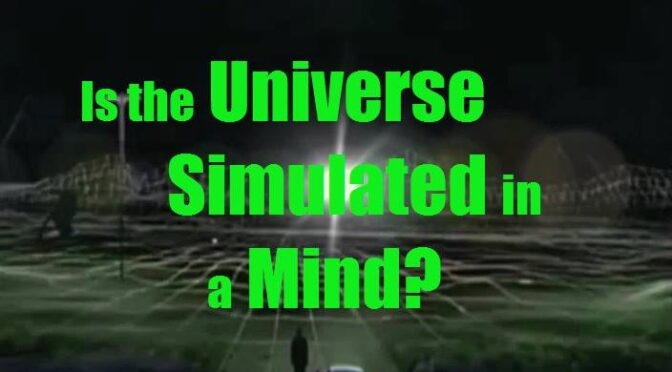If thoughts lead to words, words lead to actions, then where do actions lead?
Also, to ask bluntly, where does all that begin? Where do the thoughts come from?
Some call it inspiration or an idea. Thoughts bubble and circulate within the subconscious mind and social circles together share a soup of different thought patterns conceived from individual experience, only then to be selected and directed by each individual to produce words and actions for the collective and/or self.
Those outputs are then recycled into this system further refining in either direction love or fear, or a combination of both in vast and varying aspects. This all being a vast concept that has minimal or maximal effect on just one person as well as scaling levels of social interactions.
Whether it’s the contemplations of the drug induced hippies from the ‘Summer of Love’, cutting edge findings, or the ancient knowledge from rulers, scholars and conquerors. ‘Spirit Science’ has taken a collection of thoughts/writings/words/actions from many recent and old histories and produced an output via the collective media channels that our kindred use for information absorption. We have all engaged in this discussion, some more than others, but all relevant nonetheless, and all immensely important beyond measure. Continue reading






 In consciousness studies there are numerous theories regarding what consciousness really is and no one can agree. What motivated IIT, though, was a realization that despite this widespread disagreement the one thing that is agreed upon by everyone is what the subjective experience we call consciousness is like.
In consciousness studies there are numerous theories regarding what consciousness really is and no one can agree. What motivated IIT, though, was a realization that despite this widespread disagreement the one thing that is agreed upon by everyone is what the subjective experience we call consciousness is like.

 alone. While taurus people are known for being patient, during times of sadness they may find their patience waning.
alone. While taurus people are known for being patient, during times of sadness they may find their patience waning.